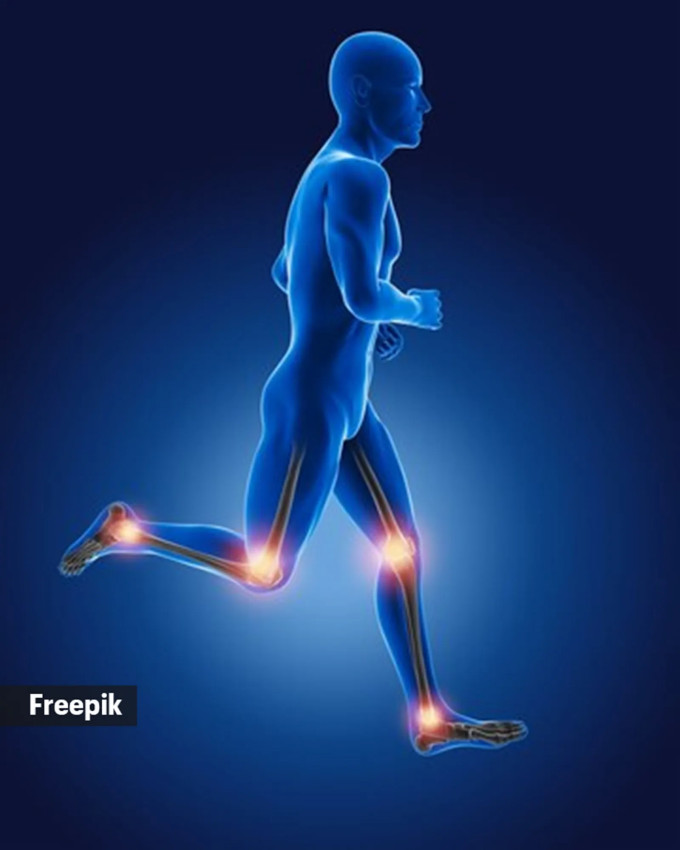Hina Khan shares ‘life update’ with fans amid cancer treatment: Ways to balance rest and activity during chemotherapy
Actor Hina Khan, who is currently undergoing intensive treatment after being diagnosed with stage 3 breast cancer in June this year, shared an update on her chemotherapy journey.
“Life update,” the 36-year-old television actor captioned her post, where she told her followers, “Let me give you a quick life update ki meri zindagi me kya chal raha hai (Let me give you a life update about what is going on in my life). I know sometimes I just vanish from everywhere and aap sab pareshan ho jaate hain (all of you get worried). But I am okay, I am doing okay. I am through my fifth chemo infusion, three more to go.”

Khan struggled to hold back her emotions and added, “Some days are hard, very very very hard. Some days are good. Like today is a good day. I feel nice, I feel better.”
“And it’s okay sometimes I vanish. I need that time to heal and to feel better. Baaki sab thik hai, aap sab log dua karte rahe. These days will pass, it has to pass. And I am going to be absolutely okay.I have full faith in the almighty. And I am fighting. Please keep in your prayers,” she concluded.
View this post on Instagram
A post shared by 𝑯𝒊𝒏𝒂 𝑲𝒉𝒂𝒏 (@realhinakhan)
People undergoing cancer treatment face several challenges, and Khan’s battle is a poignant reminder of the physical and emotional trials that accompany such a rigorous process. Balancing the need to listen to one’s body while striving to remain active and engaged can be incredibly challenging, yet it is crucial for maintaining overall well-being during treatment.
Dr Palleti Siva Karthik Reddy, MBBS, MD, physician, Bengaluru, says, “Staying active and engaged during chemotherapy is crucial for both physical and mental well-being. Chemotherapy can be a challenging experience, often bringing about side effects such as fatigue, nausea, pain, and emotional distress. However, maintaining some level of physical activity and mental engagement can provide several benefits.”
What are the benefits?
Dr Reddy explains, “Regular physical activity helps improve muscle strength, cardiovascular fitness, and flexibility, all of which can be affected by chemotherapy. Light to moderate exercise can also alleviate common side effects like fatigue and enhance overall treatment effectiveness by improving circulation and metabolism.”
Chemotherapy can be emotionally challenging, often causing anxiety and depression. Engaging in enjoyable activities — such as socialising, hobbies, or support groups — provides a sense of normalcy and purpose.
Exercise helps counteract muscle loss, decrease bone density, and maintain mobility, reducing the risk of falls and injuries, which is particularly important for older patients.
Specific exercises or activities that are particularly beneficial
Certain exercises and activities can be highly beneficial for individuals undergoing chemotherapy, Dr Reddy states, but they should be tailored to each person’s fitness level and needs. Here are some effective options:
Walking: Walking is a simple, low-impact exercise that helps maintain cardiovascular health and improve circulation. Start with short, 10-minute walks and gradually increase as tolerated.
Yoga and Stretching: Gentle yoga and stretching enhance flexibility, balance, and muscle strength, while promoting relaxation. Restorative yoga, with its slow movements and deep breathing, is ideal for those with fatigue. Avoid poses that could strain sensitive areas or cause dizziness.
Strength Training: Light strength training with resistance bands or light weights helps counteract muscle loss and maintain bone density. It should be supervised by a physical therapist or qualified trainer, focusing on low weights and high repetitions.
Aquatic Exercises: Swimming or water aerobics are excellent low-impact exercises that reduce joint stress and provide resistance. The buoyancy of water supports the body, making exercise easier, but avoid overly chlorinated pools to prevent skin irritation.
 Exercise helps counteract muscle loss, decrease bone density, and maintain mobility, reducing the risk of falls and injuries, which is particularly important for older patients. (Source: Freepik)
Exercise helps counteract muscle loss, decrease bone density, and maintain mobility, reducing the risk of falls and injuries, which is particularly important for older patients. (Source: Freepik)
Precautions to consider, according to Dr Reddy
– Consult Healthcare Providers: Always consult with oncologists or healthcare providers before starting any exercise regimen to ensure it is safe and appropriate based on the individual’s health status, type of cancer, and treatment plan.
– Avoid Overexertion: It is essential to avoid pushing oneself too hard. Fatigue is a common side effect of chemotherapy, and overexertion can lead to injury or increased fatigue. Start slow and gradually increase activity levels.
– Be Mindful of Low Blood Counts: Chemotherapy can cause low blood counts, increasing the risk of infection, bruising, or bleeding. During periods of low blood counts, it may be necessary to avoid high-impact activities and focus on gentler options.
– Stay Hydrated and Monitor Temperature: Patients should stay hydrated, wear appropriate clothing, and avoid exercising in extreme temperatures to prevent dehydration and overheating.
DISCLAIMER: This article is based on information from the public domain and/or the experts we spoke to. Always consult your health practitioner before starting any routine
📣 For more lifestyle news, click here to join our WhatsApp Channel and also follow us on Instagram
Disclaimer: The copyright of this article belongs to the original author. Reposting this article is solely for the purpose of information dissemination and does not constitute any investment advice. If there is any infringement, please contact us immediately. We will make corrections or deletions as necessary. Thank you.

